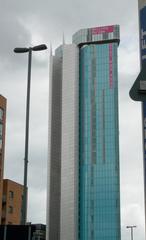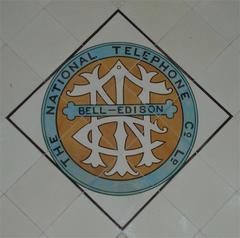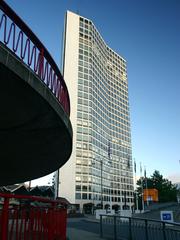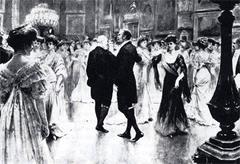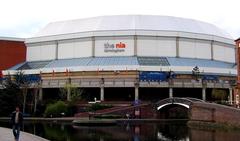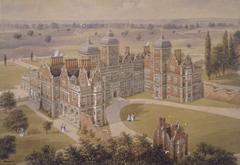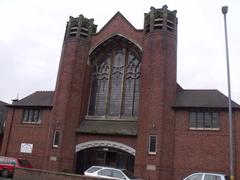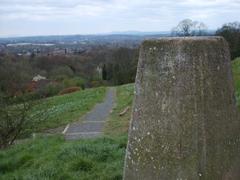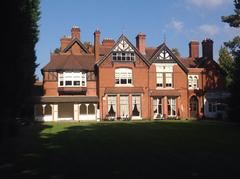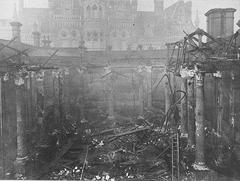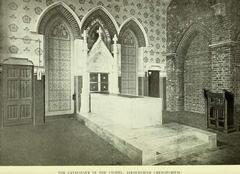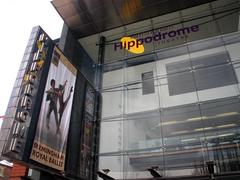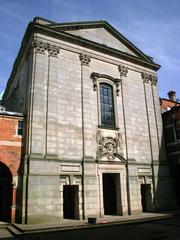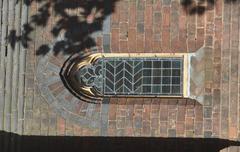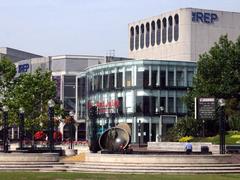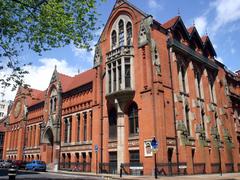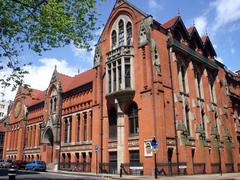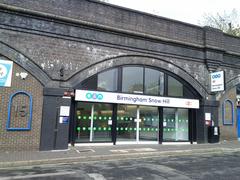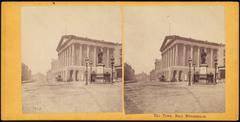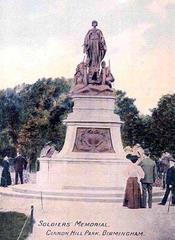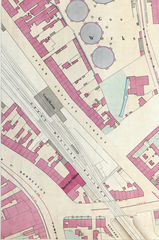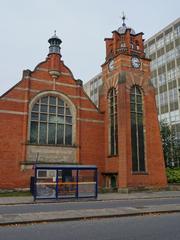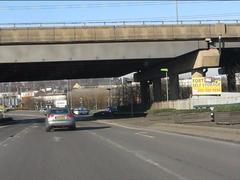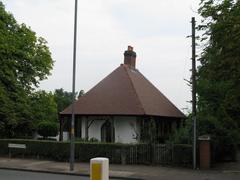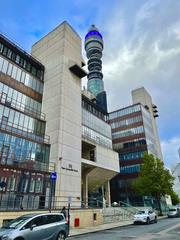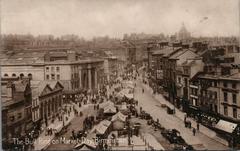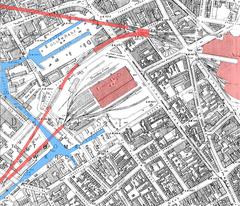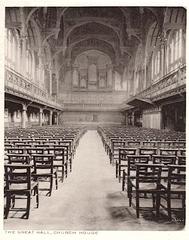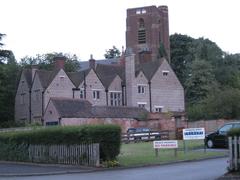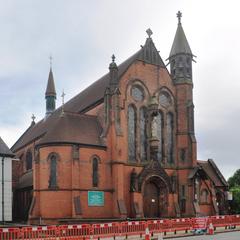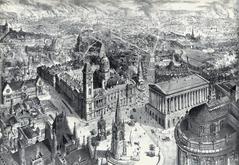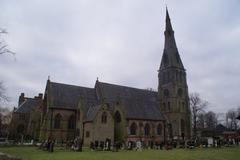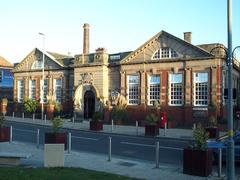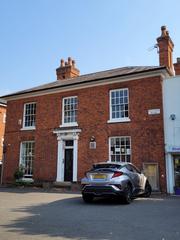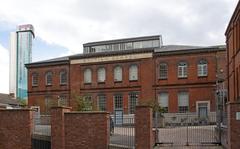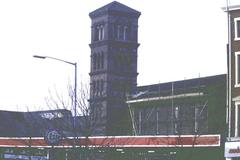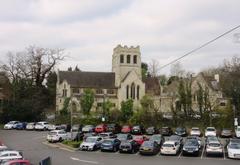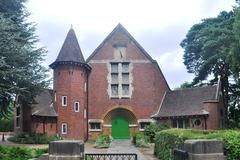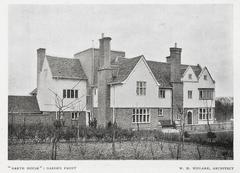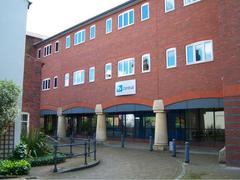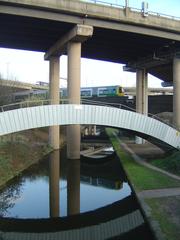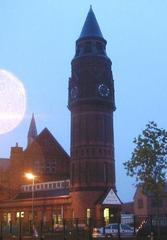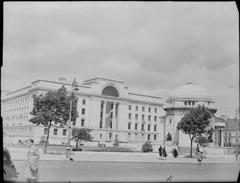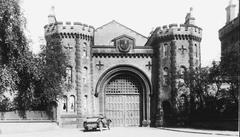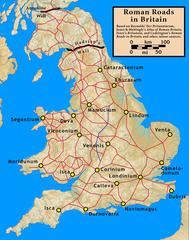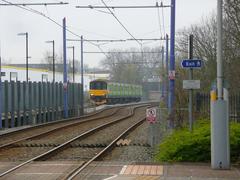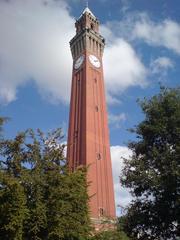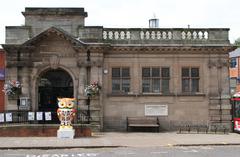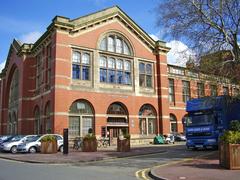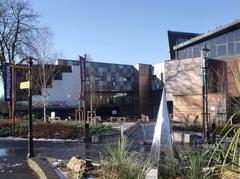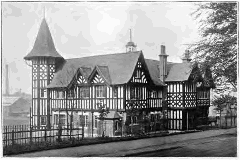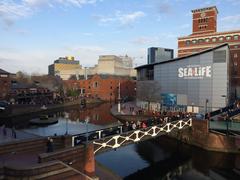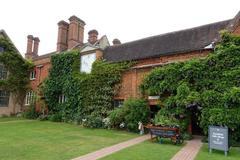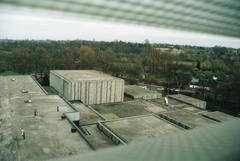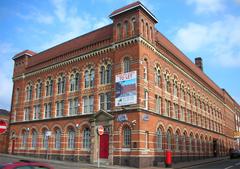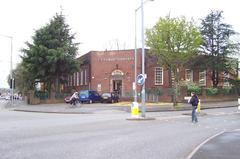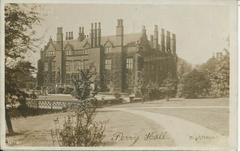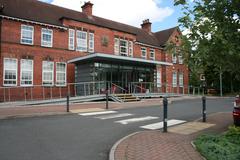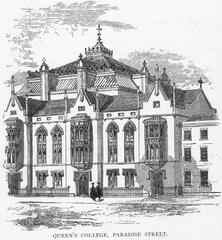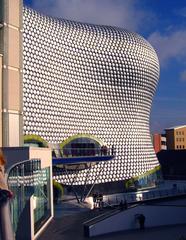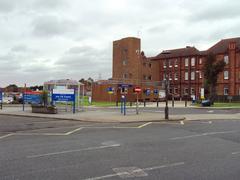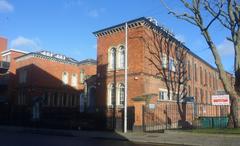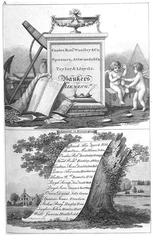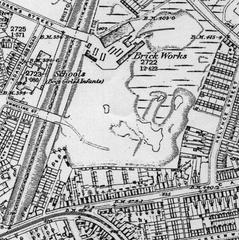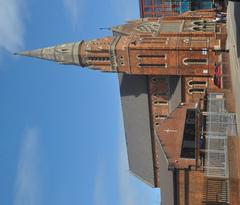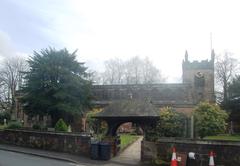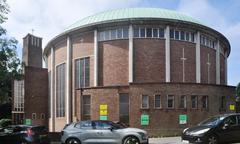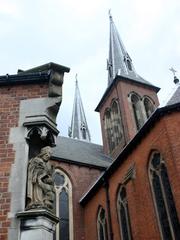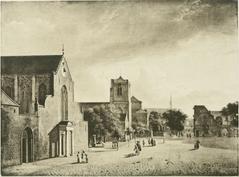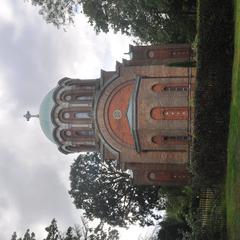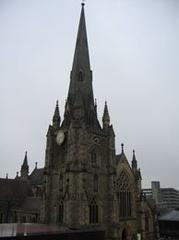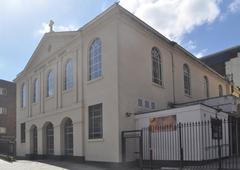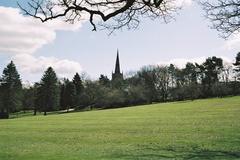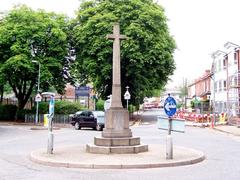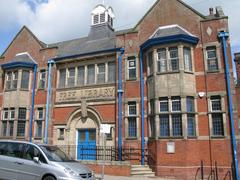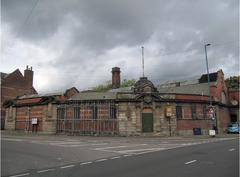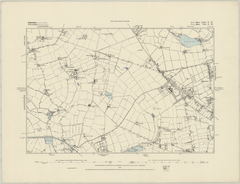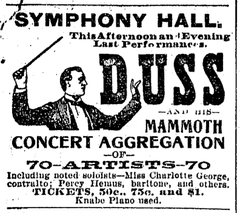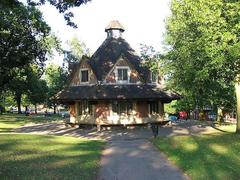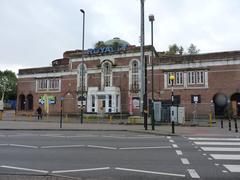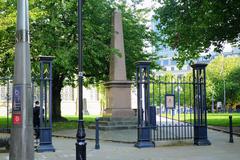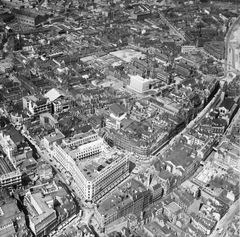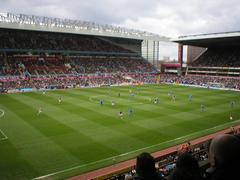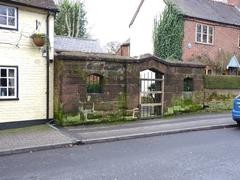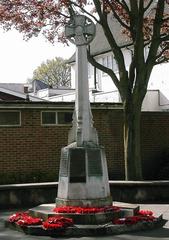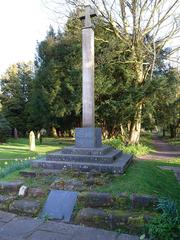Unity Works Birmingham: Visiting Hours, Tickets, and Comprehensive Guide to Historical Sites
Date: 14/06/2025
Introduction
Unity Works Birmingham is a landmark that embodies the city’s industrial legacy while serving as a vibrant hub for social enterprise and cultural engagement. Rooted in Birmingham’s reputation as the “City of a Thousand Trades,” Unity Works has evolved from an industrial workspace to a dynamic center for innovation, inclusivity, and urban regeneration. Today, it stands as a testament to Birmingham’s enduring commitment to craftsmanship, community, and sustainable development (History of Birmingham; Derelict Places: Unity Works).
Whether you are drawn by architectural heritage, social impact initiatives, or diverse cultural programming, Unity Works offers an engaging experience. This guide provides detailed insights on its history, architecture, visiting hours, ticketing, accessibility, programming, and practical tips for planning your visit.
Table of Contents
- Historical Overview
- Architectural Features
- Visiting Unity Works
- Visitor Experience and Facilities
- Programming and Events
- Community Engagement and Educational Value
- Sustainability and Urban Regeneration
- Frequently Asked Questions (FAQ)
- Summary and Planning Tips
- References and Useful Links
Historical Overview
Origins and Industrial Context
Unity Works Birmingham was established during the late Victorian and Edwardian eras, a period marked by rapid industrialization and the proliferation of small-scale manufacturing across the city. The building originally served as a hub for skilled artisans and manufacturers in trades such as metalworking, leathercraft, and light engineering. Its design reflected the needs of a bustling industrial center: robust red brick construction, large sash windows for natural light, and open-plan workshops supported by cast iron columns (History of Birmingham).
Economic and Social Significance
The flexible internal layout of Unity Works facilitated a range of trades, creating economic opportunities for local workers and entrepreneurs. Its proximity to Birmingham’s canal network and railway lines enabled efficient transport of goods, embedding Unity Works firmly within the city’s industrial infrastructure.
Beyond its economic role, Unity Works fostered a sense of community and collective progress. It provided employment for generations of skilled laborers and immigrants, reflecting the city’s dedication to social advancement through industry. The building’s name itself speaks to the cooperative spirit that defined Birmingham’s transformation into a leading industrial metropolis.
Architectural Features
Exterior and Interior Design
Unity Works exemplifies the utilitarian yet enduring architectural style of Birmingham’s industrial era. Notable features include:
- Red Brick Façade: Decorative patterns and contrasting stone or terracotta bands.
- Large Multi-Paned Windows: Generous sash or casement windows admit abundant daylight, essential for workshops.
- Roofline Details: Shallow-pitched gables, parapets, and original ventilation shafts or chimneys add distinct character (Derelict Places: Unity Works).
Interiors reveal:
- Open-Plan Spaces: Supported by cast iron or steel columns, maximizing adaptability.
- Exposed Materials: Brickwork, timber beams, and minimal ornamentation emphasize function.
- Industrial Remnants: Original staircases, goods lifts, and overhead pulleys offer glimpses into the building’s working past.
Adaptive Reuse and Preservation
As Birmingham’s economic landscape shifted, Unity Works faced both decline and renewal. Recent efforts have focused on adaptive reuse—preserving key architectural features while transforming the space into creative studios, offices, and community venues that meet contemporary needs (Birmingham Historical Society).
Urban Context
Located among a cluster of heritage industrial buildings, Unity Works contributes to the city’s distinctive sense of place. It is featured on walking tours and heritage trails that highlight Birmingham’s architectural and industrial history (GPSmyCity Birmingham Historical Buildings Tour).
Visiting Unity Works
Visiting Hours and Ticket Information
- Standard Hours: 10:00 AM to 6:00 PM, Tuesday to Sunday; closed on Mondays and public holidays. Some evening events extend beyond regular hours.
- Entry: General admission is free for public exhibitions and common areas. Select events or workshops may require tickets, which can be booked online or at the box office (Visit Birmingham What’s On).
- Booking: For popular events and group tours, advance booking is advised.
Accessibility
Unity Works prioritizes inclusive access:
- Step-free access and lifts throughout the building
- Accessible toilets and changing facilities
- Induction loops and large-print/tactile guides
- Assistance dogs welcome
- Visitors with specific needs are encouraged to contact staff in advance for tailored support
Guided Tours and Special Events
- Guided Tours: Available on weekends and select weekdays, offering insights into Unity Works’ history and architecture.
- Special Events: Heritage open days, exhibitions, workshops, and performances are held throughout the year. Refer to the Visit Birmingham events calendar for up-to-date listings.
Nearby Attractions and Travel Tips
- Location: Centrally located near Birmingham New Street Station, Unity Works is accessible by bus, tram, and train.
- Parking: Limited on-site parking; use nearby multi-storey car parks or public transport.
- Nearby Sites: The Jewellery Quarter Museum, Black Country Living Museum, Birmingham Museum & Art Gallery, Library of Birmingham, and Brindleyplace are all within easy reach.
Visitor Experience and Facilities
Unity Works is designed for comfort and accessibility:
- Amenities: Free Wi-Fi, cloakrooms, rest areas, family-friendly facilities (including baby-changing areas and children’s activity packs)
- Cafés: On-site options serve locally sourced, vegetarian, vegan, and gluten-free food
- Gift Shop: Books, crafts, and souvenirs support local artists and social enterprises
- Sustainability: Energy-efficient lighting, recycling points, and ethical sourcing are integral to the building’s operation (Visit Birmingham)
Programming and Events
Unity Works hosts a diverse range of programming celebrating Birmingham’s creativity and inclusivity:
- Art Exhibitions: Local and international artists on themes of social justice and urban life
- Workshops & Seminars: Creative writing, digital skills, and community organizing
- Performances: Music, theatre, and spoken word, with a focus on underrepresented voices
- Community Events: Local festivals, Birmingham Pride, Black History Month, and more
Some events are free; others require advance ticket purchase. Group visits and educational programs are available by arrangement (Audiala).
Community Engagement and Educational Value
Unity Works is committed to social inclusion and community cohesion. It partners with schools, universities, and advocacy groups to deliver educational workshops, training, and public talks. Programs are co-designed with local stakeholders, ensuring responsiveness to community needs (Birmingham Cultural Compact; Birmingham Research Institute for History and Cultures).
Sustainability and Urban Regeneration
Unity Works is a model for sustainable urban regeneration:
- Building Refurbishment: Incorporates energy-efficient technologies and sustainable materials
- Community Impact: Supports organizations addressing social and environmental challenges
- Economic Empowerment: Fosters entrepreneurship, skills development, and job creation among diverse groups (Unity Trust Bank Impact Report)
Frequently Asked Questions (FAQ)
Q: What are Unity Works visiting hours?
A: 10:00 AM to 6:00 PM, Tuesday to Sunday; extended hours during special events.
Q: Is entry free?
A: General admission is free. Ticketed events or workshops require advance booking.
Q: Is Unity Works accessible for visitors with disabilities?
A: Yes. Facilities include step-free access, accessible toilets, induction loops, and more.
Q: Are guided tours available?
A: Yes. Tours are offered on weekends and select weekdays; check the events calendar.
Q: Can I take photographs?
A: Photography is generally permitted in public areas, but restrictions may apply during performances or private events. Professional photography requires venue consent (Audiala).
Q: What food and shopping options are available?
A: On-site cafés and a gift shop offer refreshments and local crafts.
Summary and Planning Tips
Unity Works Birmingham exemplifies the integration of historical preservation and modern social enterprise. With its distinctive industrial architecture, accessible facilities, and diverse programming, it offers a rich visitor experience that connects Birmingham’s past with its vibrant present. Plan your visit by checking official event listings, booking tickets for special events, and downloading the Audiala app for real-time updates. Combine your visit with other nearby attractions for a full day exploring Birmingham’s heritage and creativity (Bham Guide; Visit Birmingham).
References and Useful Links
- History of Birmingham, Wikipedia
- Derelict Places: Unity Works Birmingham, 2018
- Birmingham Historical Society News and Newsletters, 2024
- GPSmyCity Birmingham Historical Buildings Tour, 2024
- Visit Birmingham Blog: Birmingham History and Heritage, 2024
- Birmingham Cultural Compact Launch and Culture Strategy Refresh, 2024
- Bham Guide: The Legacy of the Commonwealth Games in Birmingham, 2024
- Visit Birmingham What’s On, 2024
- Unity Trust Bank Impact Report, 2023
- Audiala: Unity Works Birmingham Cultural Venue, 2024
- Birmingham Research Institute for History and Cultures
Plan your visit to Unity Works Birmingham to experience the city’s unique blend of industrial heritage, social enterprise, and cultural innovation. For the latest information, visit the official website, explore the Audiala app, and follow Unity Works on social media.
